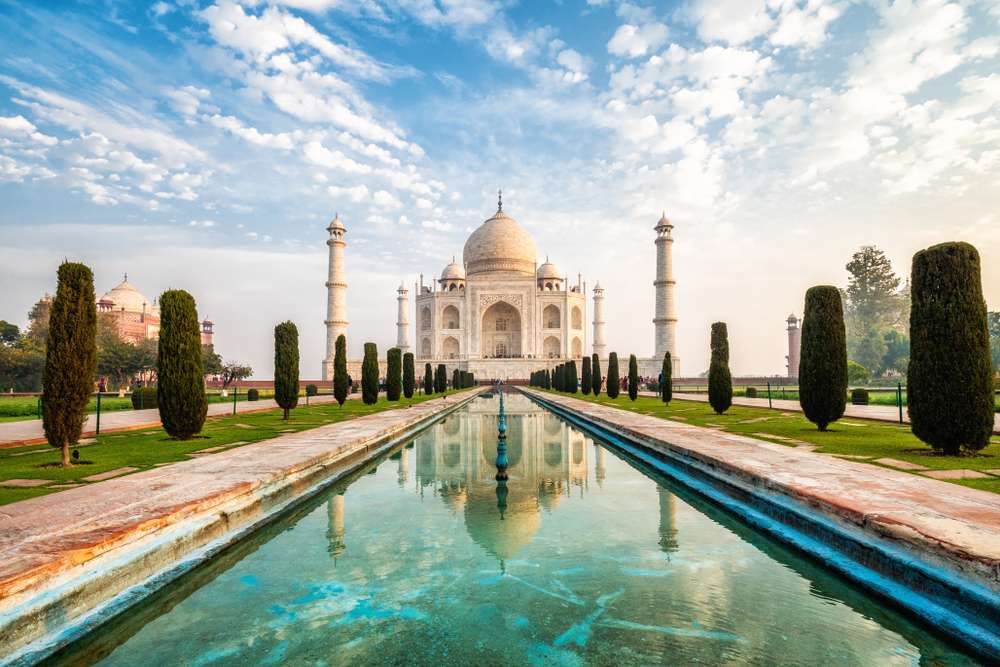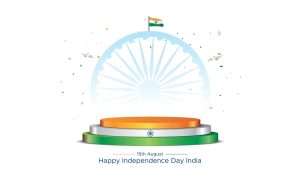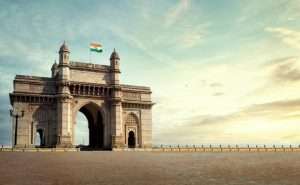Fashion Frontier: Trends and Opportunities in India’s Fashion Scene

India
India’s fashion industry is experiencing a renaissance, propelled by a blend of traditional craftsmanship, modern innovation, and global influences. From vibrant textiles and intricate embroidery to avant-garde designs and sustainable fashion initiatives, India’s fashion scene is a dynamic landscape that offers a plethora of trends and opportunities for designers, entrepreneurs, and enthusiasts alike. In this article, we delve into the exciting world of Indian fashion, exploring the latest trends, emerging opportunities, and key factors shaping the industry’s growth and evolution.
Fusion of Tradition and Modernity: Celebrating India’s Rich Heritage
One of the defining characteristics of India’s fashion scene is the seamless fusion of traditional craftsmanship with contemporary aesthetics. From couture collections that showcase intricate handloom textiles and artisanal embroidery to ready-to-wear lines that reinterpret classic silhouettes with a modern twist, Indian designers are drawing inspiration from the country’s rich cultural heritage while embracing global trends and influences. Traditional techniques such as block printing, hand embroidery, and weaving are being reimagined in innovative ways, creating a unique and diverse fashion landscape that celebrates India’s timeless elegance and craftsmanship.
Rise of Sustainable Fashion: Embracing Ethical and Eco-Friendly Practices
With increasing awareness about environmental sustainability and ethical consumerism, sustainable fashion has emerged as a prominent trend in India’s fashion industry. Designers and brands are incorporating eco-friendly materials, ethical production practices, and transparent supply chains into their collections, catering to consumers’ growing demand for responsibly made clothing. From organic cotton and handwoven fabrics to recycled materials and upcycled garments, sustainable fashion initiatives in India are not only reducing the industry’s environmental footprint but also supporting local artisans, preserving traditional crafts, and empowering communities.
Digital Transformation: Navigating the E-Commerce Landscape
The proliferation of e-commerce platforms and social media has transformed the way Indian consumers discover, shop, and engage with fashion brands. Online retail channels offer designers and entrepreneurs unprecedented access to a vast and diverse consumer base, enabling them to reach customers across India and around the world. Social media platforms such as Instagram, Facebook, and TikTok have become powerful marketing tools for fashion brands, allowing them to showcase their collections, engage with followers, and drive sales through targeted advertising and influencer collaborations. As digital technology continues to reshape the fashion industry, adapting to the evolving e-commerce landscape is essential for brands looking to stay competitive and relevant in the digital age.
Inclusivity and Diversity: Redefining Beauty Standards
India’s fashion industry is increasingly embracing inclusivity and diversity, challenging traditional beauty standards and celebrating individuality in all its forms. From body-positive campaigns and size-inclusive collections to gender-neutral fashion lines and diverse casting choices, Indian designers and brands are championing inclusivity and representation on the runway and in advertising campaigns. By featuring models of different ages, sizes, ethnicities, and abilities, fashion brands are sending a powerful message of acceptance, empowerment, and self-expression, resonating with consumers who seek authenticity and relatability in the brands they support.
Global Recognition: From Bollywood to International Runways
India’s fashion industry is gaining global recognition and acclaim, thanks in part to the growing influence of Bollywood celebrities, fashion influencers, and international collaborations. Indian designers and brands are making waves on the international stage, showcasing their collections at prestigious fashion weeks, collaborating with global retailers, and attracting a loyal following of fashion enthusiasts around the world. Bollywood celebrities such as Priyanka Chopra, Deepika Padukone, and Sonam Kapoor have become style icons on the red carpet and beyond, showcasing Indian fashion to a global audience and cementing the country’s position as a hub of creativity and innovation in the fashion world.
Entrepreneurial Opportunities: Navigating the Fashion Business Landscape
The booming fashion industry in India offers a wealth of entrepreneurial opportunities for aspiring designers, entrepreneurs, and fashion enthusiasts. From launching a fashion label or boutique to starting a fashion blog or online store, there are countless avenues for individuals to carve out a niche and make their mark in the industry. Entrepreneurial ventures such as fashion tech startups, sustainable fashion brands, and niche fashion e-commerce platforms are gaining traction in India’s vibrant fashion ecosystem, catering to niche markets and consumer preferences. With the right combination of creativity, innovation, and business acumen, aspiring fashion entrepreneurs can turn their passion for fashion into a successful and fulfilling career.
Conclusion
India’s fashion scene is a dynamic and ever-evolving landscape that celebrates creativity, craftsmanship, and cultural diversity. From traditional textiles and artisanal craftsmanship to sustainable fashion initiatives and digital innovations, the industry is constantly evolving to meet the changing needs and preferences of consumers. As Indian fashion continues to gain global recognition and influence, the opportunities for designers, entrepreneurs, and enthusiasts are endless. By embracing innovation, sustainability, inclusivity, and entrepreneurship, India’s fashion industry is poised to shape the future of fashion on the global stage, while staying true to its rich heritage and cultural identity.
Also read: Responsible Tourism: Sustainable Travel Practices in India





